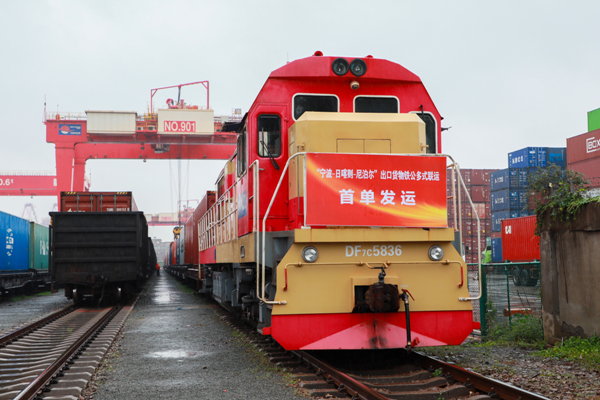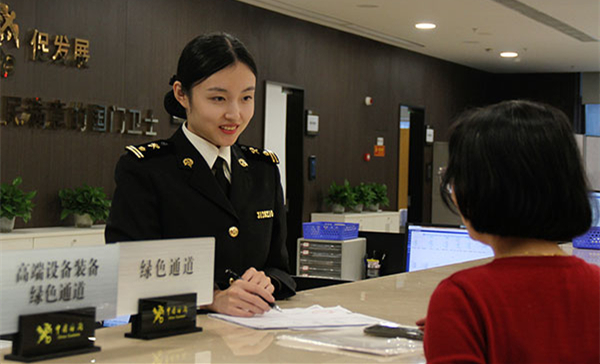Zhejiang makes easy access for all a priority

A visitor makes use of a bench in a pedestrian area in Hangzhou, part of a renovation project which architect Xue Feng took charge of in 2019.[Photo provided to China Daily]
The city of Hangzhou in East China's Zhejiang province opened its first barrier-free swimming pool in November.
With the help of volunteer coaches, the physically challenged can sit on an automated pool lift before a mechanical arm helps them get into the water.
Swimmers will need to wear lifesaving inflatable arm bands.
Because of the range of muscles used in swimming, the activity is highly recommended for physical rehabilitation.
Hangzhou's measures for construction and management of a barrier-free environment were put into effect on Oct 1, replacing a previous version launched in 2004.
The measures aim to guarantee equal opportunities for the physically challenged, elderly, pregnant, children and other special groups of people, to participate in social life.
The new document calls attention to the need of the physically challenged and elderly people to be integrated into the information society, where new technologies are comprehensively applied.
It requires technological support and corresponding instruction for such groups of people, in order to help them go out independently, communicate with others smoothly and to conveniently participate in public affairs. While smart services are popular, necessary analog services should also be kept, it states.
The city of Jiaxing in Zhejiang released its urban design guidelines to build a barrier-free environment that especially benefits people with physical challenges and the older generation on Sept 17.
The guidelines provide a systematic standard for planning and design of barrier-free environment construction, Zhuo Weiming, deputy director of the standing committee of Jiaxing city's People's Congress, said at the launch.
At present, barrier-free facilities are available in the city's major venues, like the train station, revolutionary memorial museum and the Communist Party of China service center.
And the city will implement standardized barrier-free facilities into new public utilities, commercial outlets and residential communities, as well as strengthening management and supervision throughout the process of design, construction and final acceptance testing.

A bird's-eye view of West Lake in Hangzhou, Zhejiang province.[Photo provided to China Daily]
According to Zhuo, by the end of 2020, the city helped install accessibility facilities in 3,585 households with family members who are physically challenged, and this year, another 770 households will get the support they need.
Jiaxing has attached great importance to this field as part of its efforts to achieve common prosperity and react to a growing elderly population. Some other middle-sized cities in Zhejiang, like Lishui and Quzhou, also launched similar guidance earlier this year.
Particularly, Songyang county of Lishui, one that rose to fame for its scenic mountains, stunning views and rural architecture design programs, has also created such guidelines to be applied to scenic areas in the countryside.
At the same conference featuring barrier-free environment construction where Jiaxing's guidelines were launched, Xue Feng, chief architect of Beijing-based China Construction Engineering Design and Research Institute Corp, introduced a case study of a renovation their team has carried out at a pedestrian zone in Hangzhou in the most prosperous business district by the West Lake.
The whole renovation was completed in 2019 and the part Xue's team took charge of included making the outdoor spaces more suitable for pedestrians, redesigning and assembling paving tiles, setting down more seats under trees and arcades beside the pedestrian paths, optimizing ramp way routes to facilitate access for wheelchair users and inserting smart equipment for emergency calls and charging devices, among others.
Promoting legislation, improving certification systems and cooperating with public interest litigation are key actions required to ensure the harmonious construction of a barrier-free environment, according to Lyu Shiming, vice-chairman of the China Federation of the Disabled in Beijing.

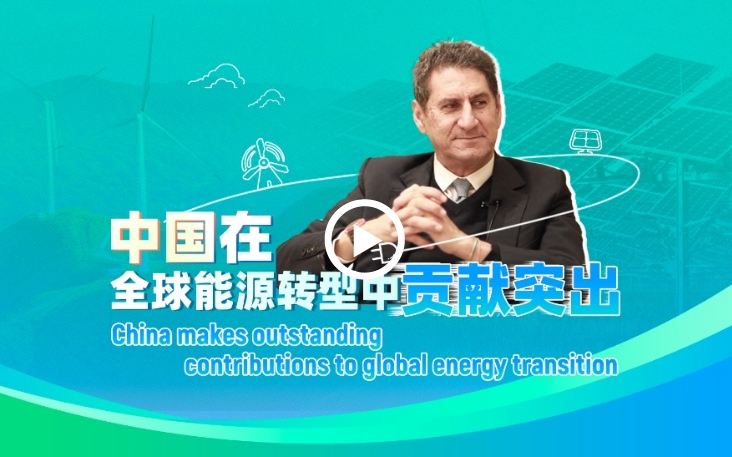 China makes outstanding contributions to global energy transition
China makes outstanding contributions to global energy transition 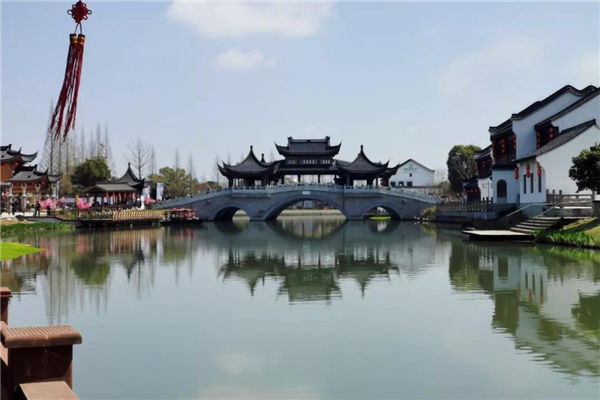 Ningbo village inspires Malawi official
Ningbo village inspires Malawi official 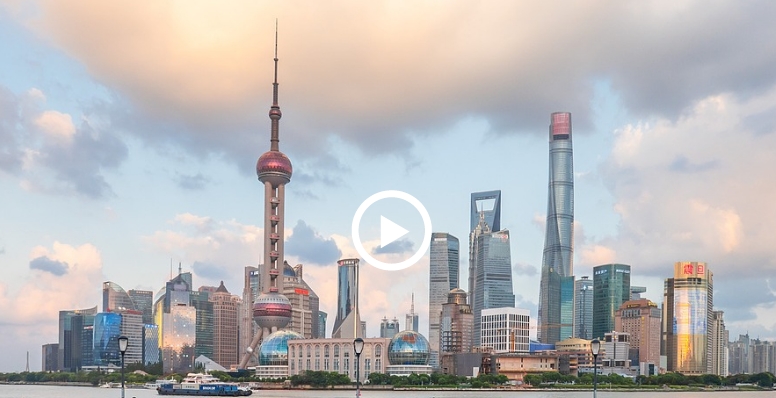 A look at China's economic data in the first three quarters of 2024
A look at China's economic data in the first three quarters of 2024 
